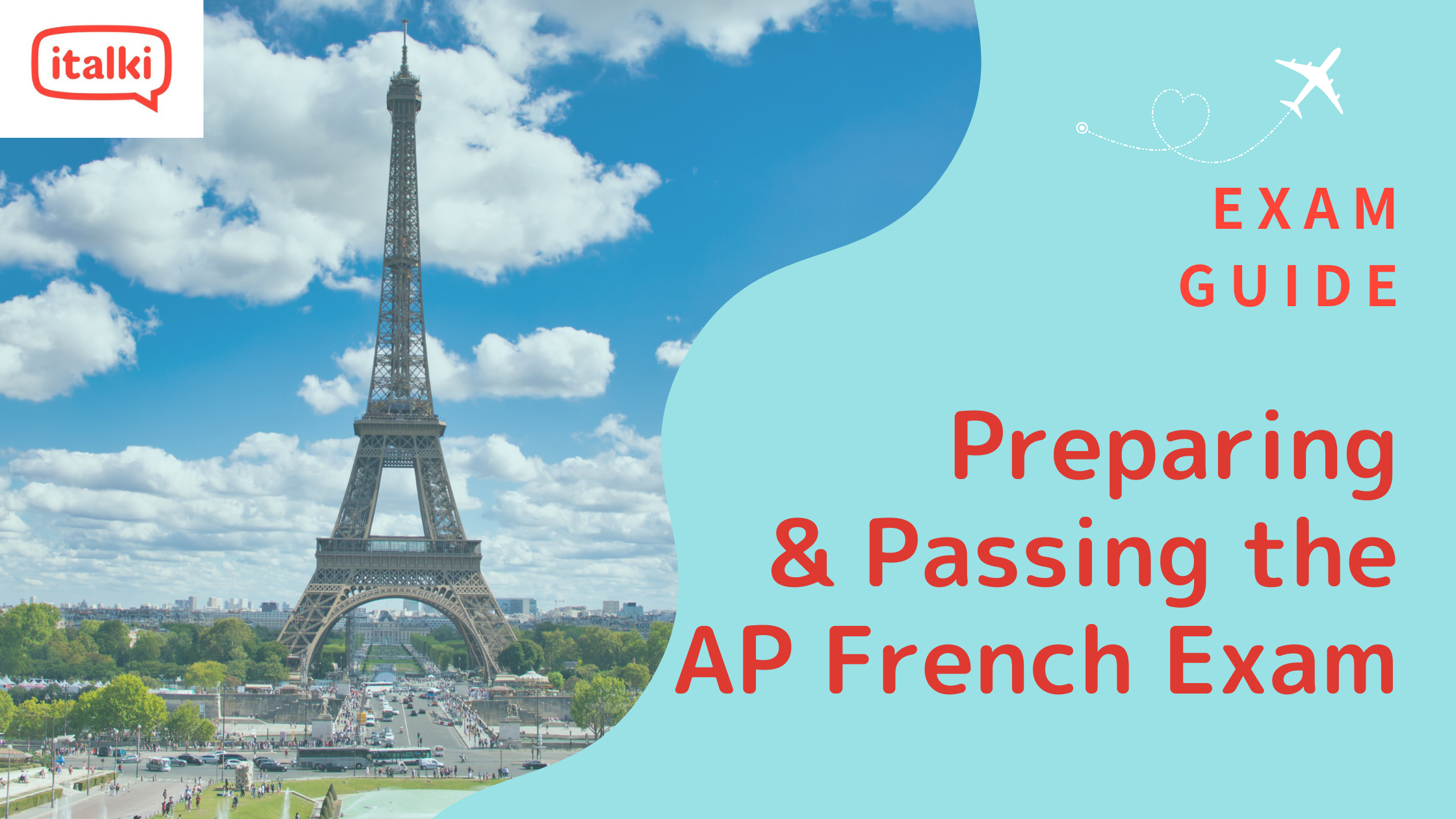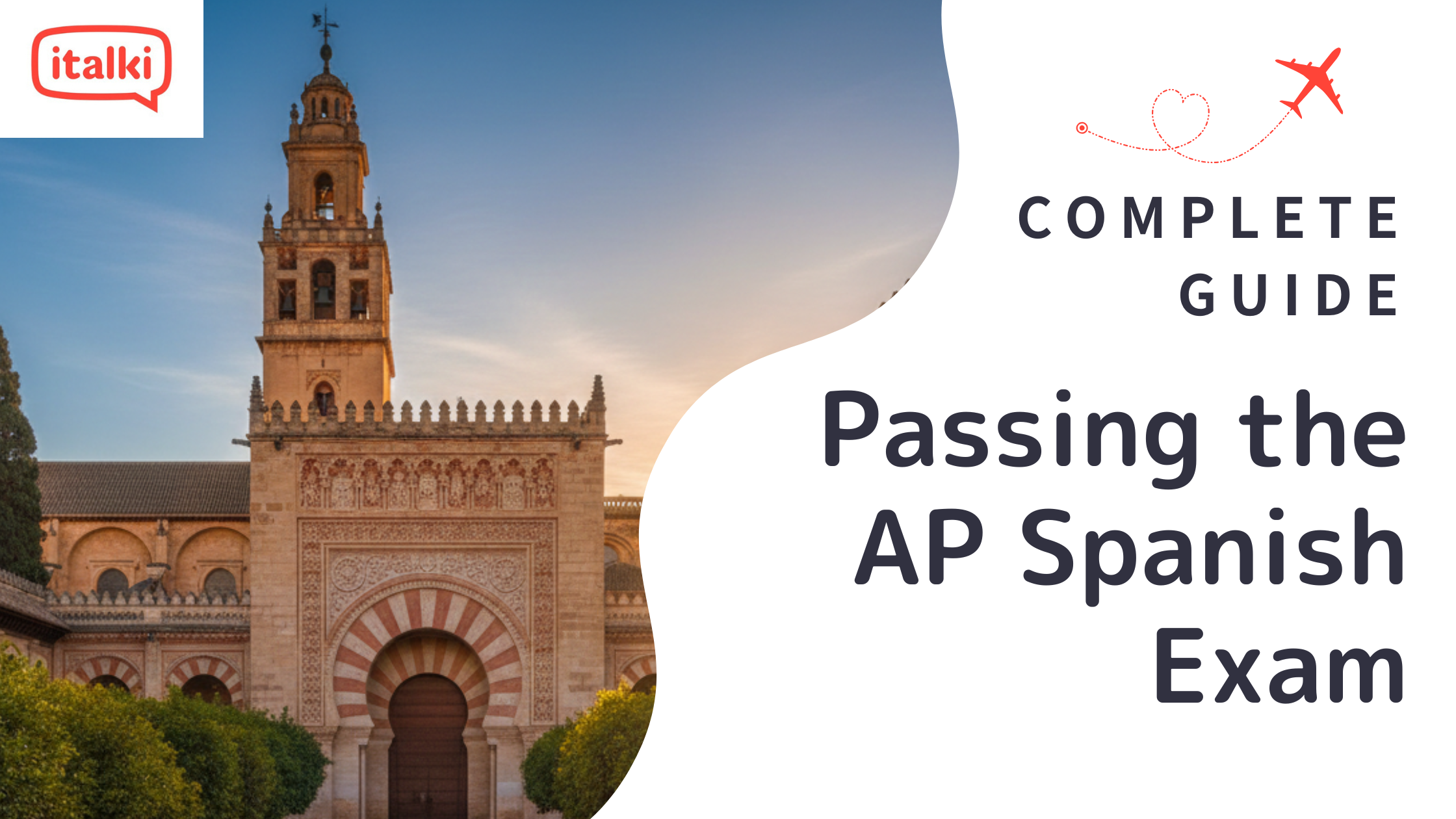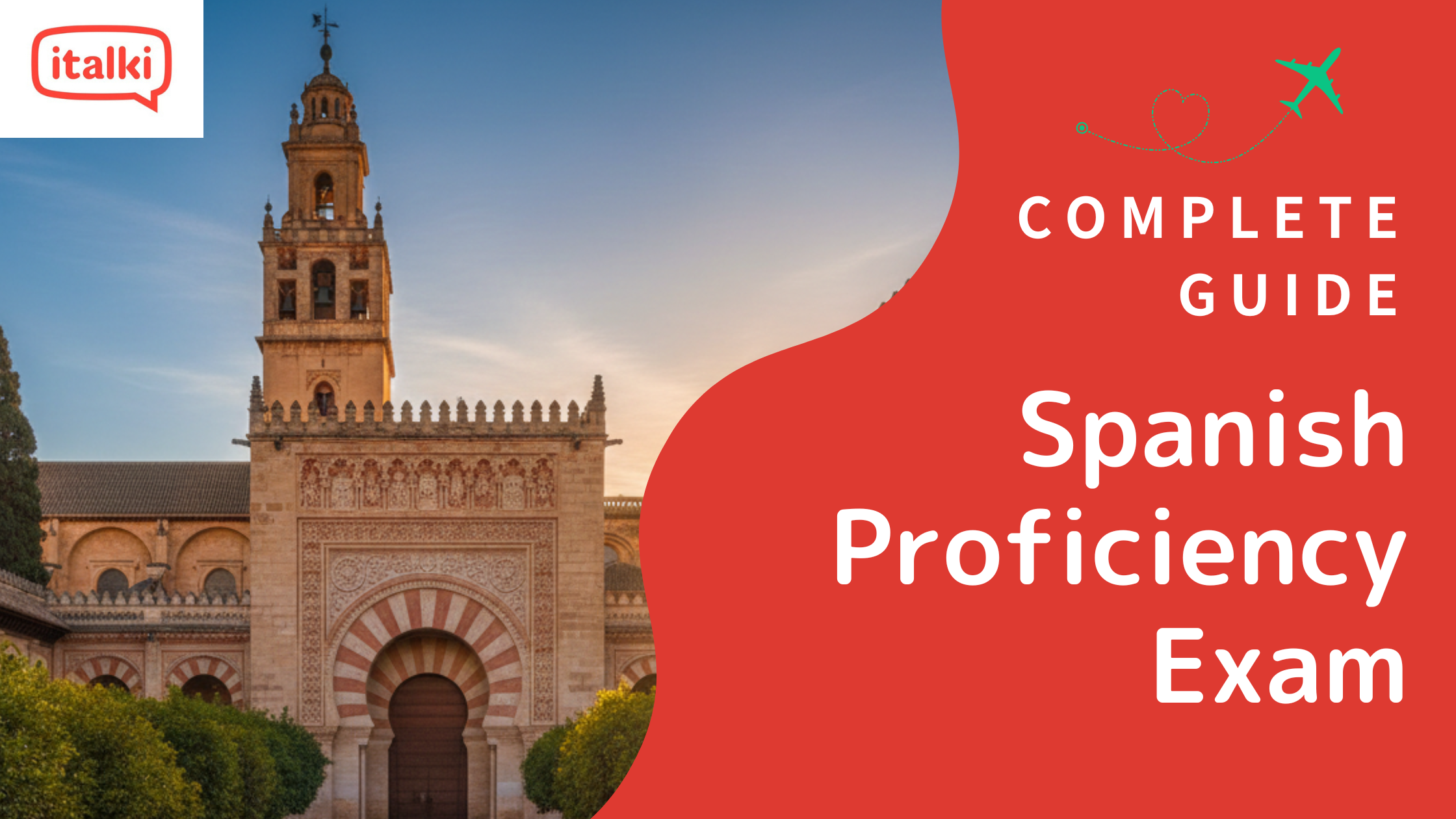Understanding the difference between words like begun and began is important as it will save you from making mistakes in your English writing and understanding different English conversations.
The debate of begun vs began requires a lot of attention to detail. Both of these verb forms are derived from the English infinitive “to begin.” Even though there is only one letter difference, they are used in very different ways.
As explained earlier, they both are different forms of the verb “to begin”. This irregular verb has several functions. For example:
Annie begins to read.
Spending a lot of time with irregular verbs like this is one of the best ways to deal with them. Try writing the conjugations out, as well as doing a lot of reading and listening. Using irregular verbs correctly will become second nature to you over time, and you’ll be able to use them with confidence when speaking and writing.
In your initial learning stages, you will make several mistakes and that is not a big problem. Learning English tenses is a gradual process that requires excessive time and practice.
Several tricky English words may confuse you at first. For instance, a lot of people get confused between has vs. have. Stick to this guide till the end and you will understand some valuable tricks to distinguish between begun and began.
Explaining ‘Began’
The simple past tense of the verb “to begin” is “began.” This tense is used to describe a completed action (of any duration). When we use the word “began” in English, we must remember to use it alone.
Let’s explore it with the help of a few examples:
- It began to rain.
- He began to sing.
- I began to cry when I saw my bleeding knee.
- Annie began to run because she is afraid of dogs.
As seen in the last two examples, “began” can be used before a conjunction (such as “when”) to introduce another clause (e.g. when I saw my bleeding knee). It never changes shape.
So, no matter where you are starting your sentence from, whether it is from ‘I, you, he, she, we or they’, ‘began’ stays the same. It remains unchanged.
The most important thing to notice is that “began” is always used without a “companion,” which is known as an auxiliary verb in grammatical terms. This will be more important in the following section, so say goodbye to “began” and hello to “begun.”
Explaining Begun
Begun cannot be used alone. Rather, it always needs a ‘companion’ (an auxiliary verb) around. That is the major difference between begun vs began and if you successfully remember this difference, you will end up making the right choice of words in your sentences.
The English verb “to have” is the source of the most common auxiliary verb forms. (For instance, had, has, and will have.)
Unlike the simple past, “begun” is a past participle that is used with the three perfect tenses: past perfect, present perfect, and future perfect. They, too, describe a completed action, but they are more complex, implying how a previous action affects a current condition.
Let’s take a look at the examples:
I had begun to style my dress for the party when I realized there was a storm outside.
To construct these sentences, we must begin with the auxiliary verb and then add “begun”:
- They had begun to play cricket before I arrived.
- John has begun to drink again.
- The ladies have begun cooking the meal that we are going to eat tonight.
- I will have begun my discourse by the time you arrive.
Remember that in informal writing and speech, the personal pronoun and the auxiliary verb are usually contracted and followed by an apostrophe, as in they’d begun. This is not intended to confuse language learners, but rather to make things easier to express when speaking in natural English!
Another prominent way to express “Began” or “Begun”
There are several alternatives to the verb “to begin.” For example, a very major alternative is ‘to start’. This verb is slightly more informal, and it can be used in most situations when speaking or writing. However, be cautious when using this in formal writing, as “to begin” is frequently a better option.
“To start” is also a common English verb. This means that, while choosing between “began” and “begun” may cause some confusion, dealing with the tenses of “to start” is easier and even lesser confusing.
Let’s look at a few examples in the simple past tense:
- I started my job last week.
- Kids started laughing when they saw the joker.
- We started a new gym class.
- Annie started learning French.
Now, here is “to start” as a past participle with the perfect tenses:
- She has started riding an old bicycle.
- It has started to rain.
- We have started a new assignment at work.
- He will have started his work till now.
That is how ‘start’ becomes ‘started’ so easily, this is the reason it is considered to be a very easy alternative to ‘to begin’. If you want to learn alternatives to tricky English words, you can book your lessons with italki. You can now learn English at italki under the supervision of the best online English teachers who will help you boost your English speaking and writing skills. Book your trial lesson with italki to avail yourself of the fantastic learning opportunities.

Find Your Perfect Teacher
At italki, you can find your English tutor from all qualified and experienced teachers. Now experience the excellent language learning journey!
Book a trial lesson
Why choose italki?
Choosing italki as your language learning platform comes with several advantages that make it a popular choice among learners worldwide. Here are some compelling reasons to choose italki:
Variety of Teachers: italki offers a wide selection of qualified language teachers, allowing you to choose instructors based on their teaching style, experience, and background. This ensures you find a teacher who aligns with your learning preferences.
Flexible Schedule: You can schedule lessons at times that are convenient for you. This flexibility is especially beneficial for learners with busy schedules or those in different time zones.
Personalized Learning: Teachers on italki tailor lessons to your specific needs, whether you’re a beginner, intermediate, or advanced learner. Lessons can focus on grammar, conversation, vocabulary, or any aspect you want to improve.
One-on-One Interaction: One-on-one lessons offer focused attention from the teacher, giving you ample opportunity to practice speaking, receive feedback, and ask questions.
Affordable Options: italki offers various pricing options, allowing you to choose teachers within your budget. You can opt for trial lessons, regular lessons, or lesson packages based on your preferences.
Convenient Virtual Classroom: italki provides a virtual classroom equipped with tools for video calls, text chat, document sharing, and a whiteboard. This platform ensures a seamless and interactive learning experience.
Global Community: Interacting with teachers from different parts of the world exposes you to various accents, dialects, and cultural insights. It’s an enriching way to experience language and culture.
Real-Life Practice: Teachers often incorporate real-life scenarios and cultural insights into lessons, enabling you to apply language skills to practical situations.
Feedback and Progress Tracking: Regular feedback from your teacher helps you identify areas for improvement and track your progress over time.
Language Exchange: Apart from booking lessons, italki offers a language exchange community where you can connect with native speakers of the language you’re learning. This exchange can provide additional practice and insights.
Quality Assurance: italki reviews and verifies teachers’ credentials and qualifications, ensuring you learn from experienced professionals.
Accessible Learning: You can access italki from your computer, tablet, or smartphone, making it convenient to learn from anywhere.
Satisfaction Guarantee: If you’re not satisfied with your first lesson, italki offers a refund of the lesson credits you used.
Ultimately, italki empowers you to take charge of your language-learning journey by offering personalized instruction, cultural immersion, and the flexibility to learn at your own pace. It’s an engaging and effective way to develop your language skills, connect with people from around the world, and embrace the beauty of language and culture.
How to book English lessons on italki?
Booking English lessons on italki is a straightforward process that allows you to connect with experienced language teachers. Here’s a step-by-step guide:
Create an Account: If you don’t have an italki account, start by creating one. You can sign up using your email address or log in through your social media accounts.

Learn English on italki
Join the global community of language learners today! Sign up for italki and start improving your language skillswith native-speaking teachers from around the world.
Create an italki account
Search for English Teachers: Once logged in, navigate to the “Find a teacher” section or use the search bar to find English language teachers. You can filter results based on your preferences, such as location, price, availability, and teaching style.

Explore Teacher Profiles: Click on a teacher’s profile to learn more about their background, teaching experience, teaching style, and student reviews. This will help you find a teacher who suits your learning needs.
Check Availability: On the teacher’s profile, you’ll find their availability for lessons. Choose a time that works for you and matches the teacher’s schedule.

Select Lesson Type: Teachers typically offer different types of lessons, such as trial lessons, regular lessons, and packages. Choose the type that fits your preferences.
Book a Lesson: Click on the desired lesson type (e.g., trial lesson) and choose the duration of the lesson. You’ll be prompted to confirm the booking and proceed to payment.
Make Payment: Enter your payment details and confirm the booking. italki supports various payment methods, including credit/debit cards and PayPal.
Join the Lesson: Before the lesson’s scheduled time, ensure you have the necessary tools (webcam, microphone) and a stable internet connection. At the appointed time, access your italki account and go to the “My Lessons” section. There, you’ll find a link to start the lesson using the virtual classroom provided by italki.
Enjoy the Lesson: During the lesson, engage with your teacher, ask questions, practice speaking, and learn! Teachers often customize lessons to your level and goals.
Feedback and Next Steps: After the lesson, you can leave feedback for the teacher. If you enjoyed the lesson, you can continue booking additional lessons with the same teacher.
Idiomatic expressions with the verb “To Begin”
To begin by doing something
The first idiomatic expression we’ll look at is to begin (by) doing something, which means to start something by doing something specific.
Let’s take an example using the infinitive form of “to begin.”
- I begin by showing how to browse a file.
In the simple past (using “began”), it looks like this:
- I began by adding chocolate to the cake.
By using a perfect tense (auxiliary verb+ begun), it looks like this:
- He had begun by stretching before going out for cardio.
To begin to see the light
The second expression is to begin to see the light. This is a useful English expression for expressing how a situation is clear to you now but was not clear to you in the past.
For instance:
- She begins to see the light about how horrible her landlady is.
In the simple past:
- You began to see the light when it came to your family.
Using a perfect tense (auxiliary verb+ begun):
- He will have begun to see the light by the time he realizes someone has stolen his wallet.
Life begins at (age)
This is a phrase used in reference to the aging process. It means that just because someone reaches a certain age (typically 40), that doesn’t mean they can’t restart their life and enjoy it.
For example:
- Life begins at 40.
In the simple past (using began):
- Life began at 70 for John.
And in a perfect tense (auxiliary verb+ begun):
- Life has begun at age 50 for Annie.
Conclusion
So this was all about dealing with the confusion of begun vs began. Some fresh learners claim that English is hard to learn because of such tricky and twisted words. But, if you keenly observe their use in written texts, it will help to minimize your confusion and allow you to structure your sentences correctly with the right choice of words.
You can develop your English grammar skills with italki. It allows you to book your trial lesson to set the required tone of learning. Highly qualified and professional English tutors (mostly native speakers) will train you to use the right English words in your daily and professional conversations.
Want to learn a language at italki?
Here are the best resources for you!
Popular English lessons
- English speaking lessons
- English lessons for kids
- Business English lessons
- English grammar lessons
- IELTS lessons
- TOEFL lessons
- CPE lessons
- TOEIC lessons
- BEC lessons
- PET lessons
- ILEC lessons
- KET lessons
- FCE lessons
- CAE lessons
- Duolingo English test preparation lessons
People also learn



















